




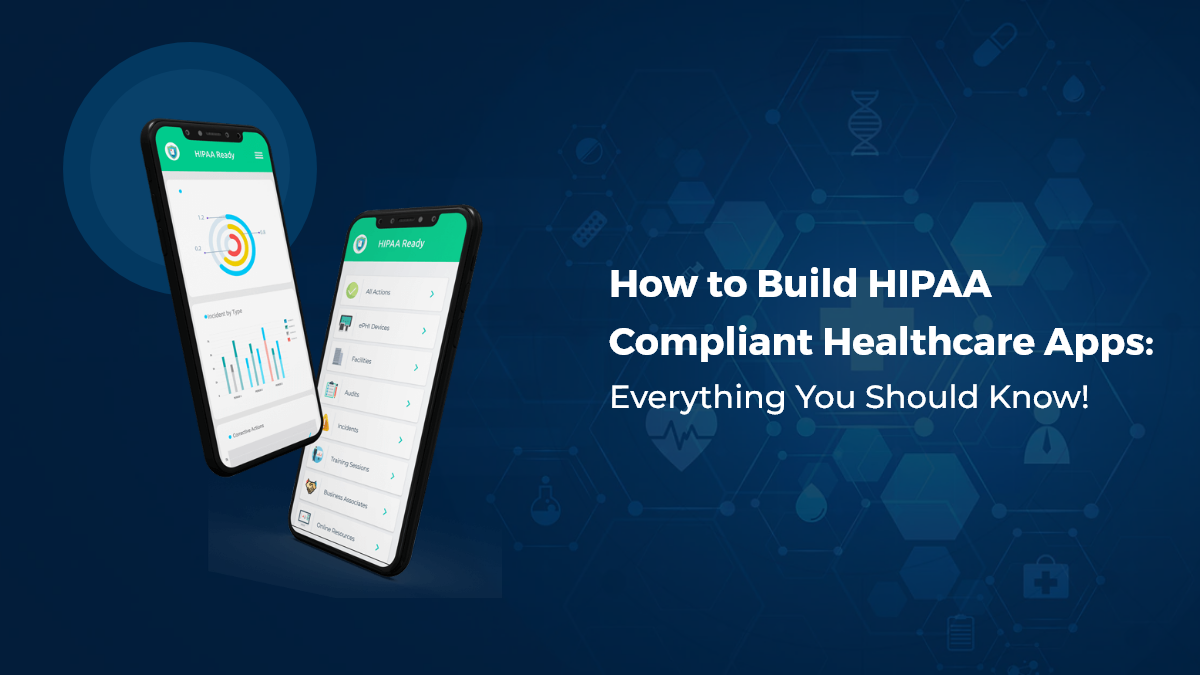
- November 22, 2022
- 48 Views
If you’re in the healthcare industry, then you know that data privacy and security are of utmost importance. In order to protect patients’ information, the Health Insurance Portability and Accountability Act (HIPAA) was put into place. This act sets forth strict rules and regulations for how patient data must be handled. As technology has progressed, so has the way we store and share patient information.
With the advent of healthcare apps, patient data is now often stored on devices and in the cloud. This poses a new challenge for HIPAA compliance.
In this blog post, we will explore how to build a HIPAA compliant healthcare app. We will discuss the features that such an app must have and how a healthcare mobile app development company ensures that patient data is protected at all times.
-
Table of Contents
-
- 1.What is HIPAA?
- 2. What Should You Understand About HIPAA Compliance?
- 3. Why is HIPAA Important?
- 4. Features of a HIPAA-Compliant Application
- 5. Technologies Used for HIPAA App Development
- 6. How to Deploy Your HIPAA-Compliant Mobile App?
- 7. How Much Does It Cost to Build a HIPAA Compliant Application?
- 8. Conclusion
- 9. Frequently Asked Questions
-
What is HIPAA?
The Health Insurance Portability and Accountability Act (HIPAA) is a federal rule that requires strict confidentiality for specific medical information. The act was passed in 1996 to protect patients' privacy and ensure the security of their medical records.
HIPAA compliance is mandatory for all healthcare organizations, including apps that store or transmit patient data. To be HIPAA compliant, an app must implement safeguards to protect patient data's confidentiality, integrity, and availability.
What Should You Understand About HIPAA Compliance?
-
PHI ([Public Health Information)It is any information that can be used to identify an individual and that is related to that individual’s health or healthcare. This includes, but is not restricted to, details such as:
- Name
- Address
- Date of Birth
- Social Security Number
- Health Insurance Information
- Medical Records and other health information
To protect the privacy of PHI, the Health Insurance Portability and Accountability Act (HIPAA) established a set of rules and regulations that covered entities must follow. Covered entities include health plans, healthcare providers, and healthcare clearinghouses.
The HIPAA Privacy Rule requires covered entities to take measures to safeguard the confidentiality of PHI, while the HIPAA Security Rule sets standards for electronic PHI. -
CHI (Consumer Health Information)It includes any information about a person's health that can be used to identify them. This can include things like their medical history, test results, and treatments. Keeping CHI safe and secure is important because it's very sensitive information. If it falls into the wrong hands, it could be used to exploit someone's health condition or even steal their identity.
There are strict rules about how CHI can be collected, used, and disclosed. HIPAA compliance requires businesses to protect CHI from unauthorized access, use, and disclosure. This includes ensuring that only authorized personnel can access CHI, using encryption to protect data in transit, and having strict policies and procedures for handling CHI.
Why is HIPAA Important?
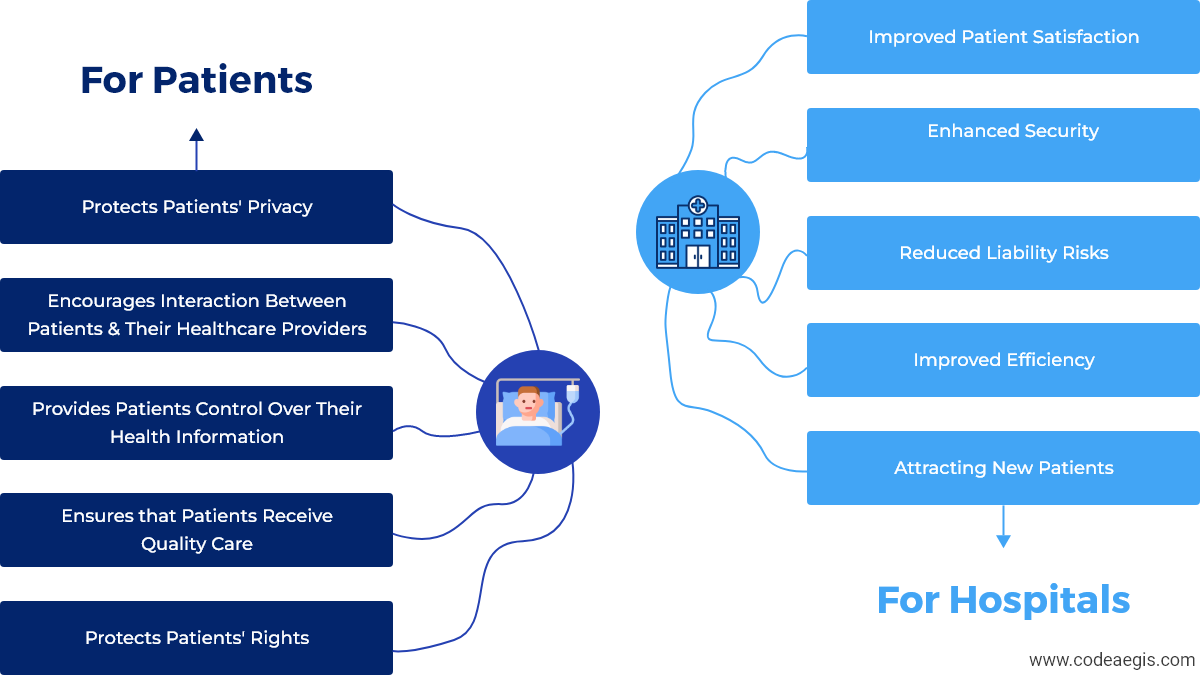
When it comes to healthcare mobile app development, HIPAA is indeed quite crucial. Here is why!
For Patients
Patients are often unaware of the importance of the Health Insurance Portability and Accountability Act (HIPAA) to their overall health and well-being. Here are five key reasons why HIPAA is so important for patients:
- Protects Patients' Privacy
Under HIPAA, patient information is protected from being shared without the patient's consent. This means that patients can be confident that their medical information will not be shared with anyone without their permission.
-
Provides Patients Control Over Their Health InformationPatients have the right to request access to their medical records and corrections to any incorrect or outdated information. This allows patients to stay in control of their health information and ensures they have the most accurate information about their health.
-
Ensures that Patients Receive Quality CareHIPAA requires that covered entities, such as hospitals and clinics, provide patients with high-quality care. This includes ensuring that medical staff is properly trained and that facilities are clean and safe.
-
Encourages Interaction Between Patients & Their Healthcare ProvidersHIPAA requires covered entities to provide patients with clear and concise explanations of their rights and responsibilities regarding their health information. This promotes open communication between patients and their healthcare providers, essential for providing quality care.
-
Protects Patients' RightsHIPAA gives patients certain rights concerning their health information, such as the right to file a complaint if they believe their privacy rights have been violated. Patients also have the right to file a civil lawsuit if they suffer damages due to a covered entity's violation of HIPAA.
For Hospitals
The benefits of having a HIPAA-compliant hospital are many. Here are some of them:
- Improved Patient Satisfaction
When patients feel that their privacy is respected and protected, they are more likely to be satisfied with their overall experience. This can lead to improved patient outcomes and increased loyalty to your hospital.
-
Enhanced SecurityA HIPAA-compliant hospital must have physical, technical, and administrative safeguards to protect patient information. This can help prevent data breaches and other potential security threats.
-
Reduced Liability RisksIf a hospital fails to comply with HIPAA regulations, it could face significant financial penalties. Hospitals can avoid these costly penalties by ensuring compliance and reducing their overall liability risks.
-
Improved EfficiencyA well-run HIPAA compliance program can help streamline many of the hospital’s processes and procedures related to patient information management. This can lead to increased efficiencies and cost savings for the hospital.
-
Attracting New PatientsPatients have many choices when selecting a provider in today's competitive healthcare market. Hospitals that demonstrate a commitment to protecting patient privacy may have an advantage in attracting new patients
Features of a HIPAA-Compliant Application
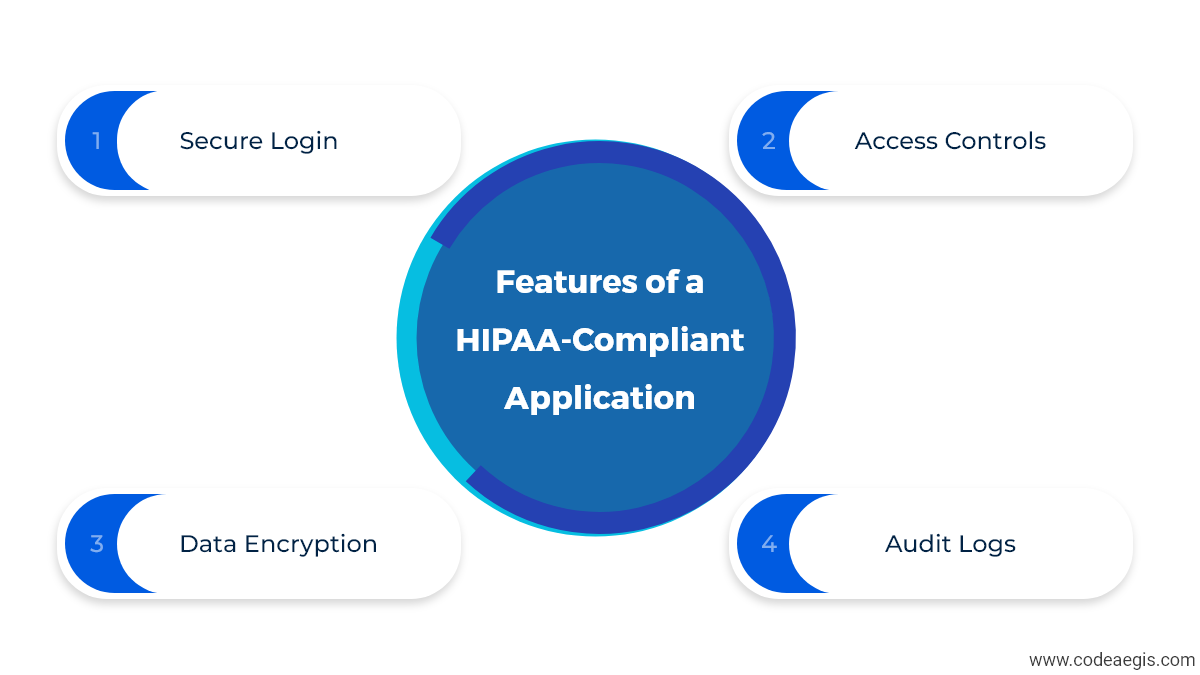
There are a few key features using which a mobile app developer can make a mobile application HIPAA compliant. These include:
- Secure Login: This means that users must have a unique login and password in order to access the app. The data should also be encrypted so that it is not accessible to anyone who does not have the proper credentials.
- Access Controls: There must be a way to restrict who has access to certain information. This helps to ensure that only those who need to see the information can do so.
- Data Encryption: All data must be encrypted both in transit and at rest. This helps to ensure that no one can access the information without the proper authorization.
- Audit Logs: There must be a way to track who accessed what information and when. This helps to ensure that only authorized individuals are accessing the data and helps with troubleshooting if there are any issues.
[Also Read: Healthcare Mobile App Development: A Complete Tutorial]
Technologies Used for HIPAA App Development
HIPAA-compliant mobile apps must use technologies that protect patient data from unauthorized access. These include:
- Secure Sockets Layer (SSL) or Transport Layer Security (TLS) to encrypt data in transit
- 256-bit Advanced Encryption Standard (AES) to encrypt data at rest
- User authentication and authorization controls to restrict access to app features and data
- Role-based access controls to prevent unauthorized users from accessing sensitive data
- Audit logs to track user activity and detect potential security breaches
Businesses must also ensure that the app is developed in a secure environment by a reliable application development company and that all third-party services used are HIPAA compliant.
How to Deploy Your HIPAA-Compliant Mobile App?
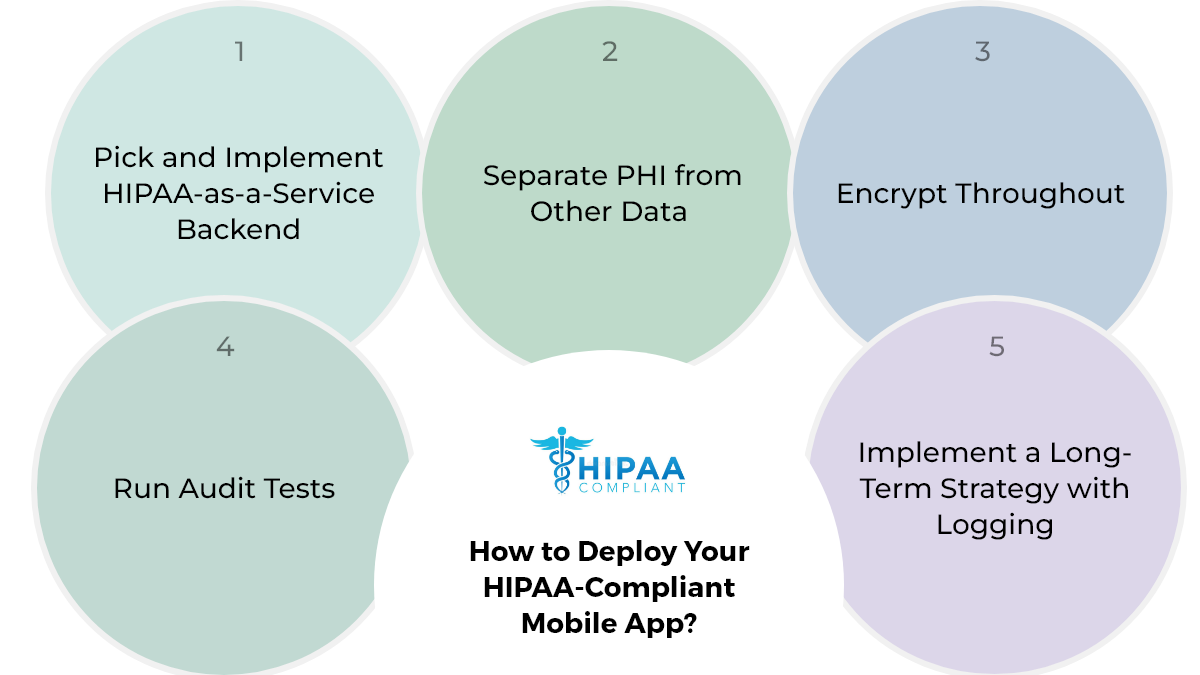
Now, let's get down to the nitty-gritty of facilitating HIPAA compliance in your healthcare app, whether you're developing a chatbot or a doctor's appointment mobile app. Here are all the necessary steps:
Step 1: Pick and Implement HIPAA-as-a-Service Backend
The first step is to choose and implement a HIPAA-as-a-Service backend. This will ensure that your Protected Health Information (PHI) is stored securely and complies with HIPAA regulations. Several companies offer HIPAA-as-a-Service, so it's essential to research and choose the one that best meets your needs.
Step 2: Separate PHI from Other Data
PHI includes any information that can be used to identify an individual and that is associated with health or healthcare. There are a few ways to keep PHI separate from other app data:
- One way is to use a separate database for PHI. This ensures that PHI is not mixed in with other app data and that only authorized personnel can access it.
- Another way is to use encryption to protect PHI. This ensures that even if someone were to gain access to the data, they would not be able to read it without the proper decryption key.
- Finally, you can also use access control measures to limit who has access to PHI. This could include requiring users to login with a unique username and password or using role-based access control only to allow certain users to view or edit PHI.
Step 3: Encrypt Throughout
Encryption is key to keeping your app HIPAA compliant, as it ensures that PHI is not accessible to unauthorized individuals. There are a few different ways to encrypt data, but the most important thing is to ensure that all PHI is encrypted both in transit and at rest. This means that any time data is sent from one location to another, it should be encrypted.
Step 4: Run Audit Tests
After you have your mobile app built and ready to go, the next step is to run an app audit and penetration test to check for potential vulnerabilities. This is important because if there are any security holes in your app, hackers could exploit them to gain access to sensitive patient data.
Step 5: Implement a Long-Term Strategy with Logging
Now that you've followed all the steps necessary to deploy your HIPAA-compliant mobile app, it's time to implement your long-term strategy. This includes logging all user activity within the app, so you can track compliance and ensure that PHI is being protected at all times.
[Also Read: Healthcare App Ideas that Will Help You Succeed in 2022 and Beyond]
How Much Does It Cost to Build a HIPAA Compliant Application?
The cost of building a HIPAA-compliant application can vary depending on the features and functionality required. However, it is typically more expensive to develop a HIPAA-compliant application than a non-compliant one. This is because many additional security and privacy measures must be implemented to meet HIPAA standards.
Generally speaking, you can expect to spend anywhere from $5,000 to $50,000 on development costs. Contact a professional mobile app development company for a quote if you need help determining how much it will cost to build your specific app.
Conclusion
Building a HIPAA-compliant mobile app can seem like a daunting task, but it doesn't have to be. By following the steps outlined in this article, you can create an app that is both compliant and user-friendly.
Remember to test your app thoroughly before launch, and always keep up-to-date on the latest HIPAA regulations to ensure continued compliance. It is always good to hire a trusted mobile app development company to help you with your project.
This is because only expert mobile app developers can help you with your HIPAA projects and deliver you a feature-rich app. If you are looking for better healthcare mobile application developer, then contact us at [email protected]
Frequently Asked Questions
How do I ensure my app is HIPAA compliant?
So, how do you make sure your app is HIPAA compliant? Here are a few things to keep in mind:
- Make sure all data is encrypted. Any PHI that is stored on the app should be encrypted so that it can't be accessed by unauthorized individuals.
- Implement security measures. You'll need to put in place measures to prevent unauthorized access to PHI, as well as establish procedures for handling data in the event of a security breach.
- Give users control over their data. Allow users to view, change, or delete their PHI as needed.
- Keep track of activity. Keep logs of who accesses PHI and when so that you can monitor for any suspicious activity.
By following these guidelines, you can ensure that your healthcare app is HIPAA compliant and protect the privacy of your users' data.
Is There a Certification That Ensures HIPAA Compliance?
There is no official certification that guarantees HIPAA compliance, but there are a number of ways to ensure that your mobile app is compliant. First, you should make sure that all data is encrypted and stored securely.
You should also have a policy in place for handling patient data and ensuring that only authorized personnel has access to it. Finally, you should have a process for regularly auditing your app to ensure that it is still compliant.
What are the benefits of HIPAA compliant apps?
There are many benefits of using HIPAA-compliant apps, including the following:
- They help to protect patient privacy by ensuring that all data is encrypted and stored securely.
- They can help improve communication between patients and healthcare providers and provide a more efficient way of managing medical records.
- They can also help to reduce costs associated with paper records and transcription services.
About Author
You May Also Like

Imagine a classroom where history comes alive in the 3D model of historical events. Biology students can explore the unique complexities of a cell as they have practiced it with real-world examples, a

Blockchain technology has been a hot topic recently due to its potential to revolutionize various industries. Blockchain is a distributed ledger technology that ensures transparency, security, and dec

When it comes to developing an app, there's a lot to consider. Not only do you need to create a user-friendly interface and design, but you also need to make sure your app is able to meet the demands

Are you aware that the world is going through a significant shift in the way we make payments? According to a recent report by Deloitte, the total value of digital payments worldwide is estimated to r

The mobile app market has grown to a staggering size, with over 1.8 million apps available in the Google Play Store and Apple App Store combined. Mobile apps have become a necessity for people worldwi
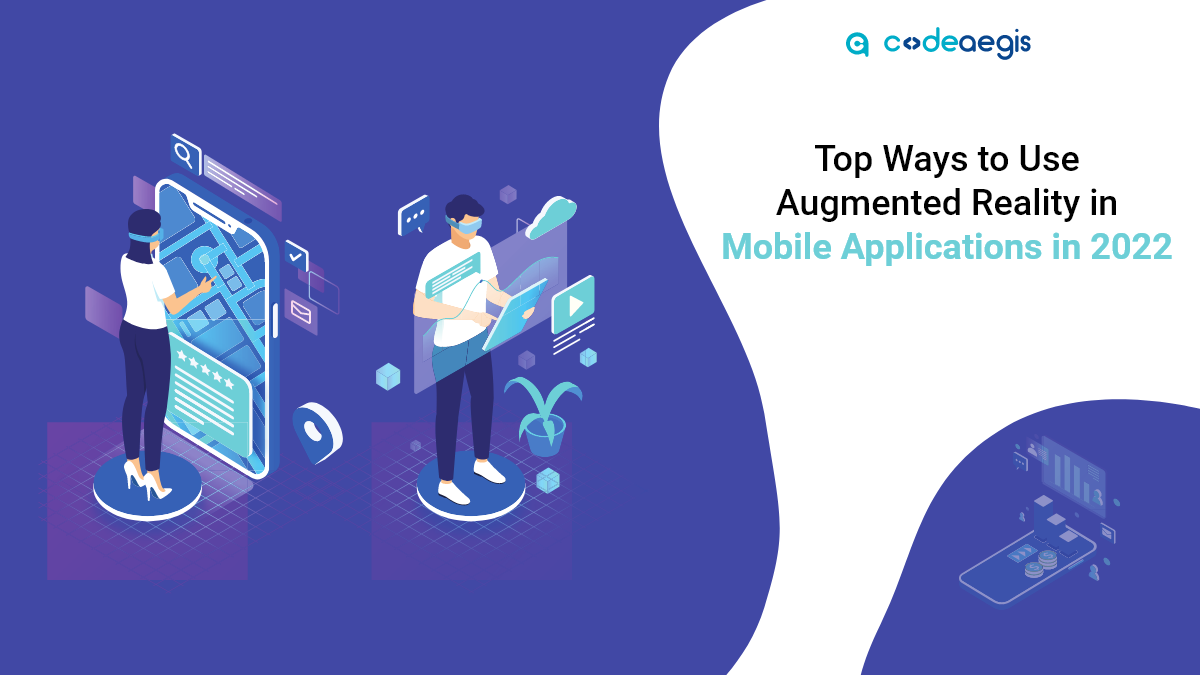
Augmented Reality and Virtual Reality are the two leading buzzwords in the technology era. What began as a completely new, significantly different technology has rapidly revolutionized into something
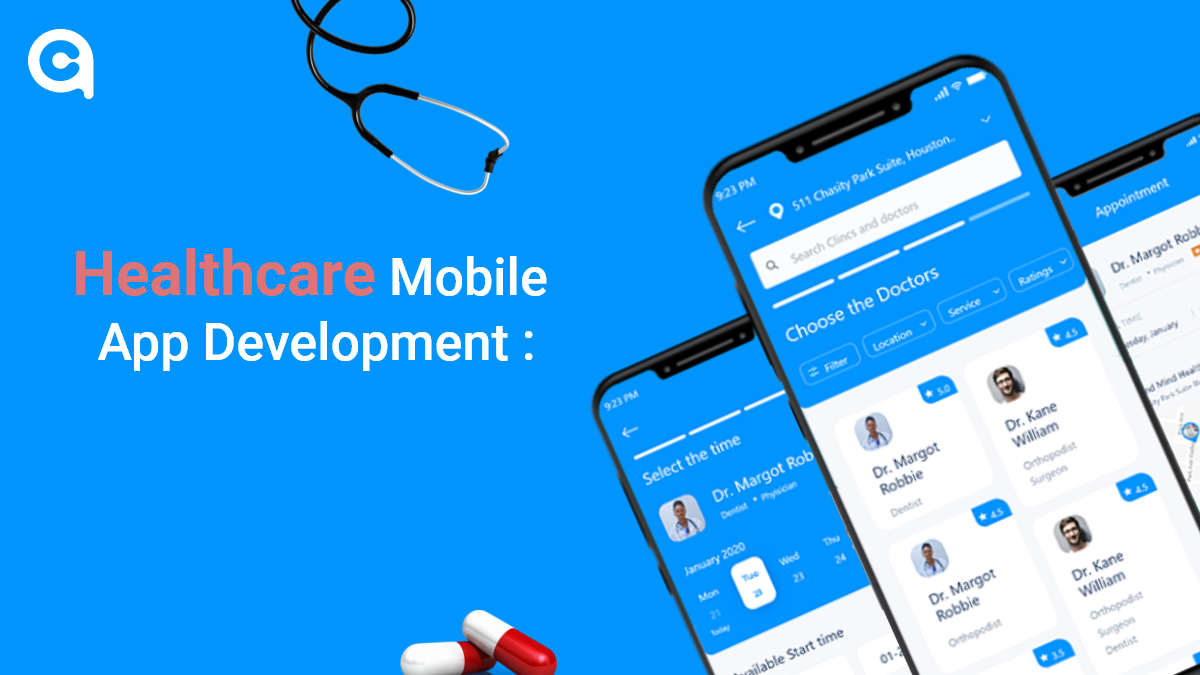
The healthcare industry is one of the most rapidly changing and growing industries worldwide. Mobile devices and apps have drastically changed how providers and patients interact and communicate.So, i

Over the past decades, the healthcare sector has continuously expanded its wings, moving from traditional to advanced technological processes. This evolution is driven by the sector's unwavering commi

Australia is moving towards a big shift at a global level. It is strengthening the ties at the B2B level and becoming a hub for innovation, sustainability, and digital transformation. Backed with a r

Is your business still relying on off-the-shelf software solutions that don’t efficiently meet your unique business requirements? If your mind instantly says yes, then let’s explore why in

With the advent of technology, the financial industry has experienced a massive transformation in the past few years. Fintech applications have revolutionized the way we manage and invest our money.

In the last few years, wearables have become increasingly popular. Fitness trackers, smartwatches, and even smart glasses are becoming more and more commonplace. And as the technology improves and bec

When it comes to mobile app development, one of the most important things you need to consider is the prototyping process. This will allow you to create a working model of your app so that you can tes

Did you know that Dubai's prime residential market is projected to experience the world's strongest growth in 2025? The Middle East is buzzing with opportunities, especially in the realm of mobile app
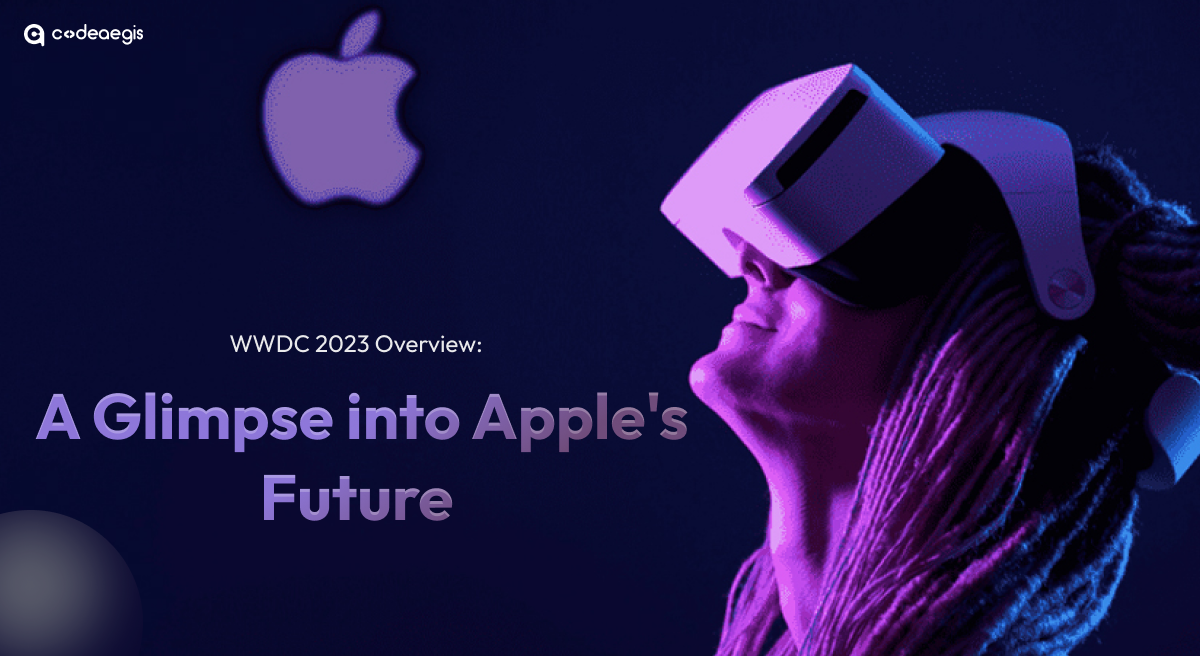
An extensive background working in Tech, Travel, and Education Industries. Currently involved in entire business operations process: Benefits strategy and implementation, systems integration, Human Re

Mobile applications have dominated the market, helping businesses to reinforce their full potential. Not only for the rental business, but mobile apps play a critical role in establishing a solid foun

Gone are the days when people used to wave down a taxi on the street or wait for one at the airport. With the advent of technology, people can now book a taxi with just a few taps on their smartphones
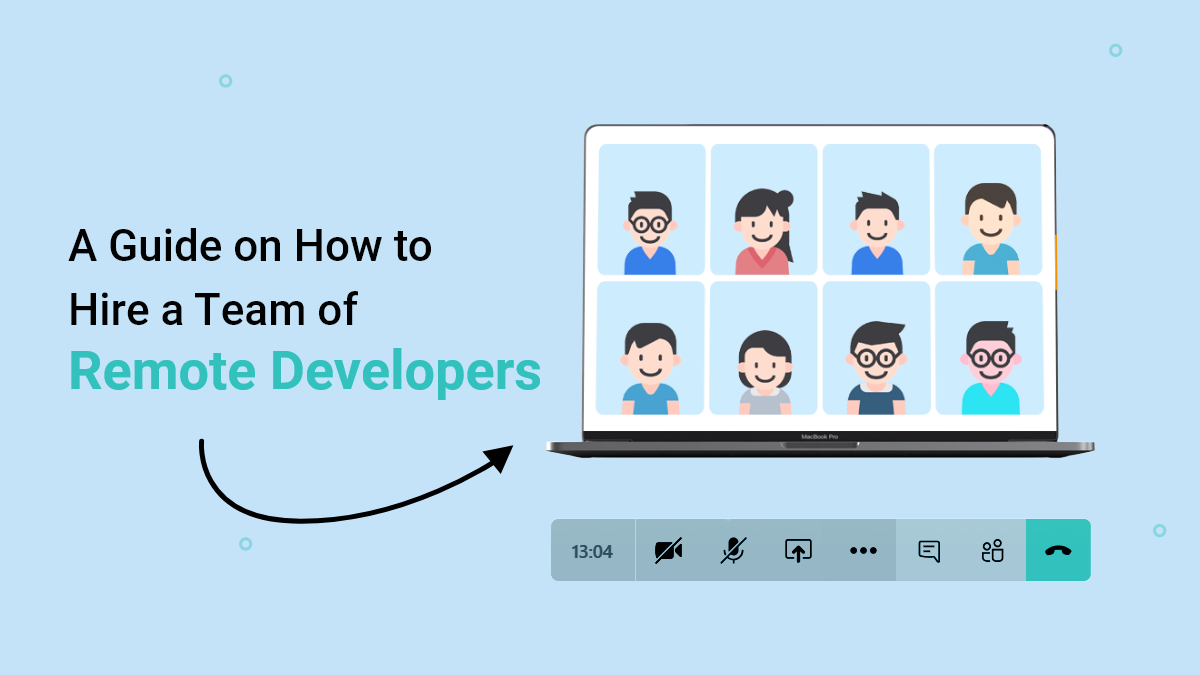
Hiring a team of remote developers can be a daunting task, but it doesn't have to be. With a little bit of planning and the right approach, you can find the perfect candidates to build your dream prod

Want to establish a new business or improve an existing one? You should consider using blockchain technology Being a distributed database, Blockchain allows for secure online transactions. This techn

Nowadays, the digital presence has revolutionized business dynamics. App development is not just evolving but breaking traditional barriers and emerging as strong and progressive solutions. With robus

You’ve likely heard the term “Artificial Intelligence” or AI until now—It’s 2025. But have you ever paused to consider how deeply AI has woven itself into the web of our

Building an App that promotes businesses and acts as a right hand has a separate fanbase! Creating an app for the business plays a fundamental role in elevating business operations, making seamless c

It's no secret that the digital world has transformed many aspects of our lives, and it is only going to continue changing in ways we can't even imagine yet. To help businesses keep up with this rapid

The food delivery application has innovative, game-changing features that will transform the industry from the bottom to the top. According to Statista, the online food delivery market in the UAE has

Application development is essential to fostering business efficiency while accepting new changes. Depending on the specific requirements, 85% of businesses rely on software development solutions to s

Summary: Car rental apps have become the heart of the business, stimulating growth, efficiency, and customization. They offer updated rental methods to stay relevant with Gen Z and Millennials, who ar

Picture this: a world where traditional banking transforms into a cutting-edge, efficient, and transparent system that leaves everyone in awe. Blockchain, often met with skepticism and uncertainty, is

Do you want to build a simple app for your business? Do you want to create an app that enhances the experience of users who play games on their smartphones? Whatever your reason, I have created this g

Lately, the tech world has been abuzz with talk of the Metaverse, a groundbreaking concept that promises a shared virtual space where people can interact and engage with one another. This futuristic i

The United Arab Emirates (UAE) is flourishing as the hub for blockchain technologies, transforming the digital ecosystem and having a forward-thinking government to maintain its competitive edge. Gove

Blockchain technology and web development are two powerful innovations that have the potential to transform our world. While they may appear distinct, they share similarities and can work together to

If you’re planning to enter the fast-growing fantasy sports market, one of the most critical aspects considered is “What will it cost to build a fantasy sport that stands out and drives t

Having a mobile application is no longer a luxury—it's an essential tool for instantly capturing the market! To stand out in the rental businesses, a company must adopt tech-driven preferences

Do you know what digital transformation with AI is and how it can impact your business? Organizations today are under pressure to digitally transform to stay competitive. This digital transformation
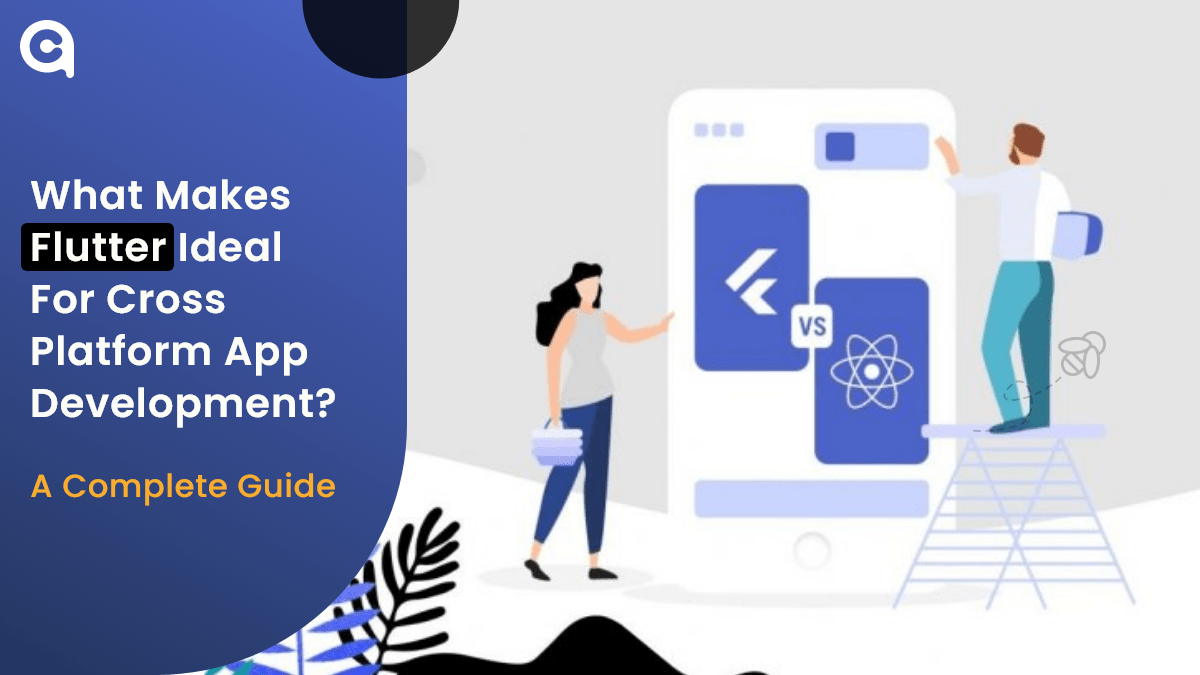
Table of Contents 1. What is Flutter? 2. Why Choose Cross-Platform Development? 3. Why is Flutter the Best Platform to Make Cross-platform Applications? 4. How Much Does it Cost to

Prime Minister Narendra Modi eventually launched 5G in India at the 6th edition of the IMC (India Mobile Congress). Reliance Jio and other telecom organizations documented the various use cases of 5G
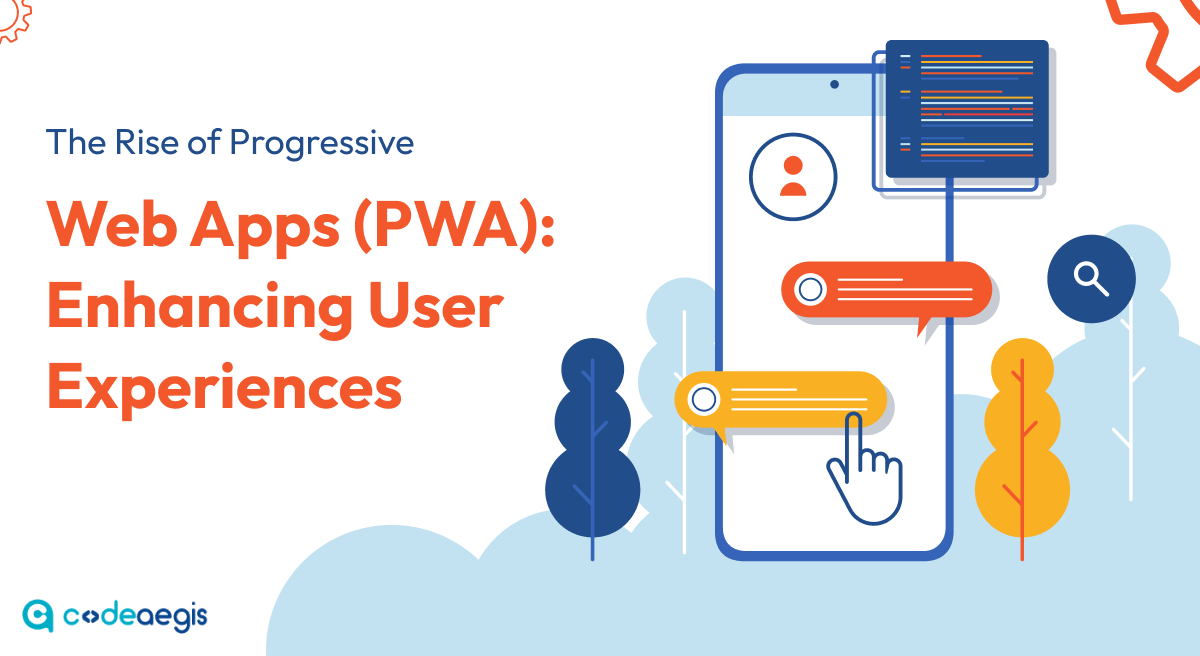
In today's digital world, businesses must keep up with ever-increasing consumer expectations and find new ways to engage their audience. That's where Progressive Web Apps (PWAs) come in. PWAs are a r
Have you ever felt like you’ve attracted 30% more consumers to your shopping sales by using a technical hack to revive your shops? It would work like a person was crossing through next to your

Imagine a world where you can speak your thoughts and desires, and the digital realm responds promptly, seamlessly integrating into your daily life. Whether you want to search for information, contro

As blockchain technology continues to evolve, so too does the landscape of projects built on its foundation. The worldwide Blockchain market is predicted to expand at a CAGR of 42.8% (2018-2023), dire
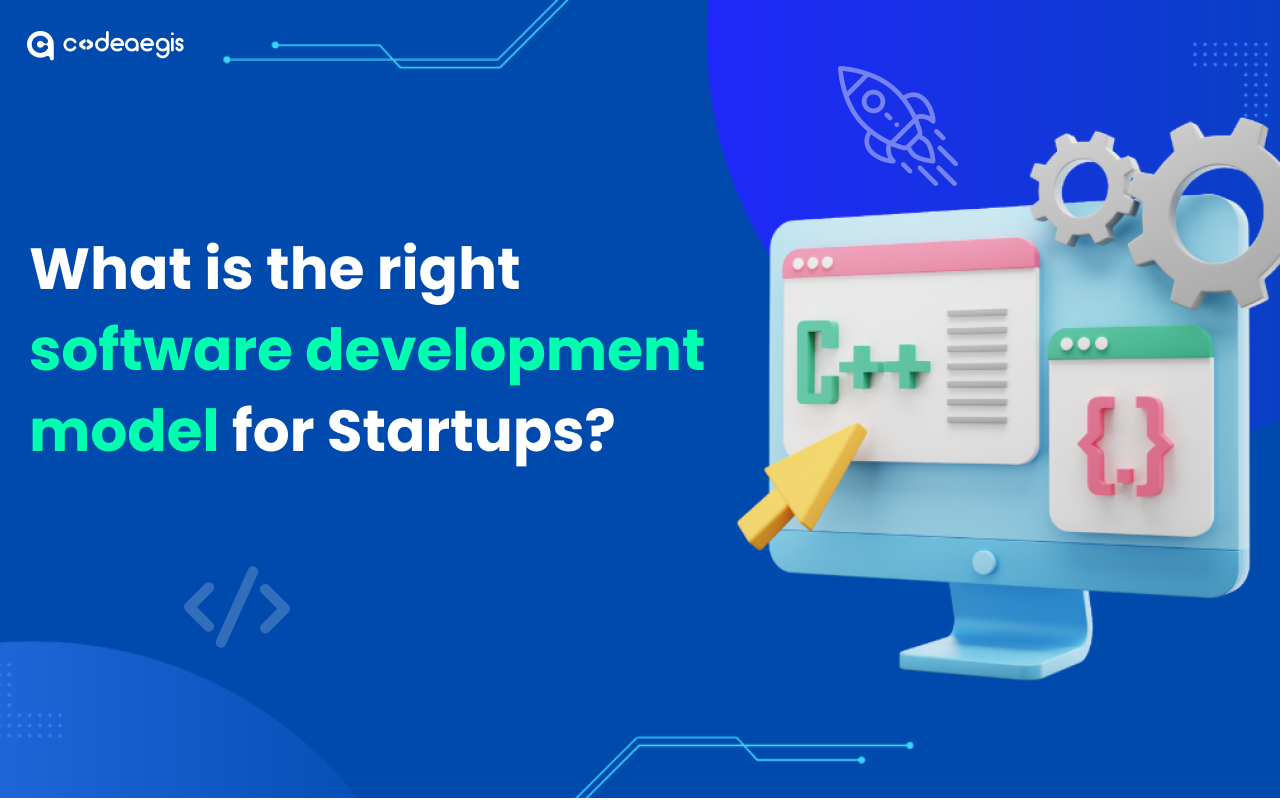
Sipping coffee and thinking of a startup has always been trendy. Similarly, hanging out with friends and promising them to start a business someday feels refreshing. Did you know that several success

Will DeepSeek and ChatGPT collide in the race for AI Supremacy? DeepSeek and ChatGPT are at the center of a heated debate that tends to shape the future of AI. The real-world implications and effecti

The two hottest frameworks in the mobile app development world are Flutter and React Native. They’re both cross-platform solutions that allow you to write code once and deploy it to Android and

Mobile app development is quickly becoming a necessity for businesses. As the world becomes increasingly digital, companies of all sizes rely on mobile apps to reach customers and increase customer en

Generative AI? Is this still a question mark to you? If you don’t know what generative AI does, that would be a fair question, but it was not if you said that you haven’t interacted with
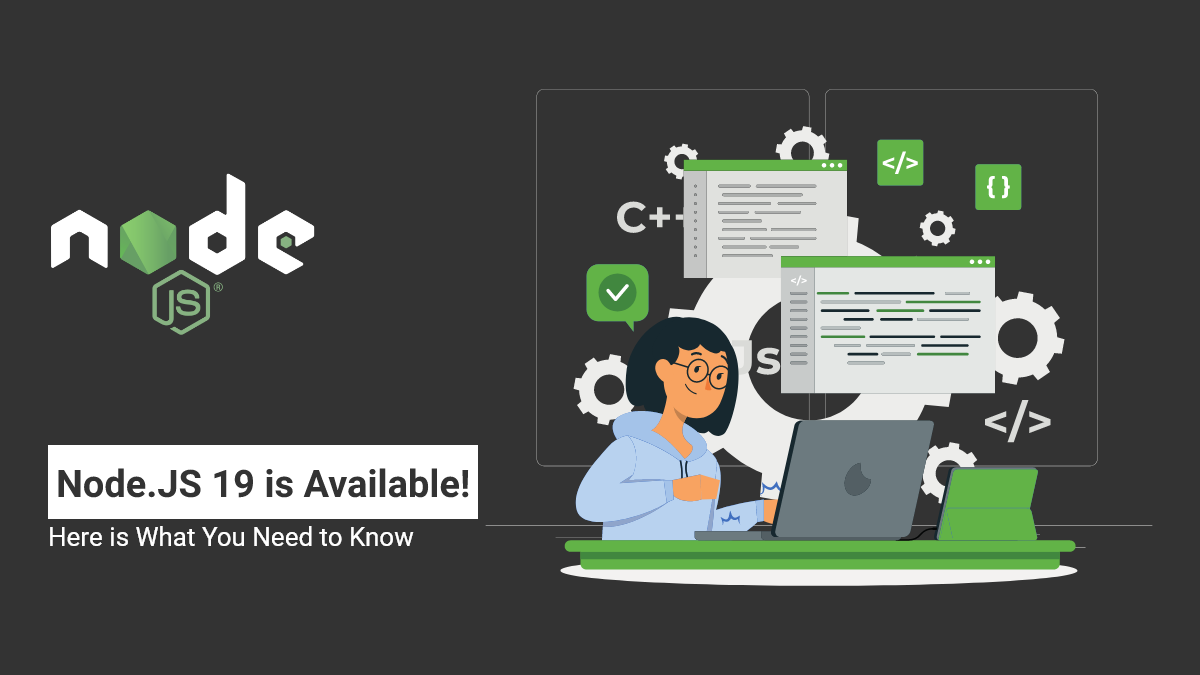
The launch of Node.js 19 is now available! It substitutes Node.js 18 as the current launch line, with Node.js 18 being encouraged to long-term support (LTS) next week. What do these two launches mean

Over-the-top (OTT) platforms like Disney Plus, Netflix, and Prime Video have gradually captured attention as traditional TV-watching methods have faded. Throughout the year, OTT platforms have created

Table of Contents 1. What is ChatGPT? 2. What Are the Top Benefits of ChatGPT? 3. How Does ChatGPT Work? 4. Challenges With ChatGPT 5. ChatGPT and the Future of AI 6. Final Thoug

Do you run your own business and want to build an Android app? If yes, you must know about the latest technology trends playing a significant role in the android app development process. Technology i

The mobile app market has grown to a staggering size, with over 1.8 million apps available in the Google Play Store and Apple App Store combined. Mobile apps have become a necessity for people worldwi
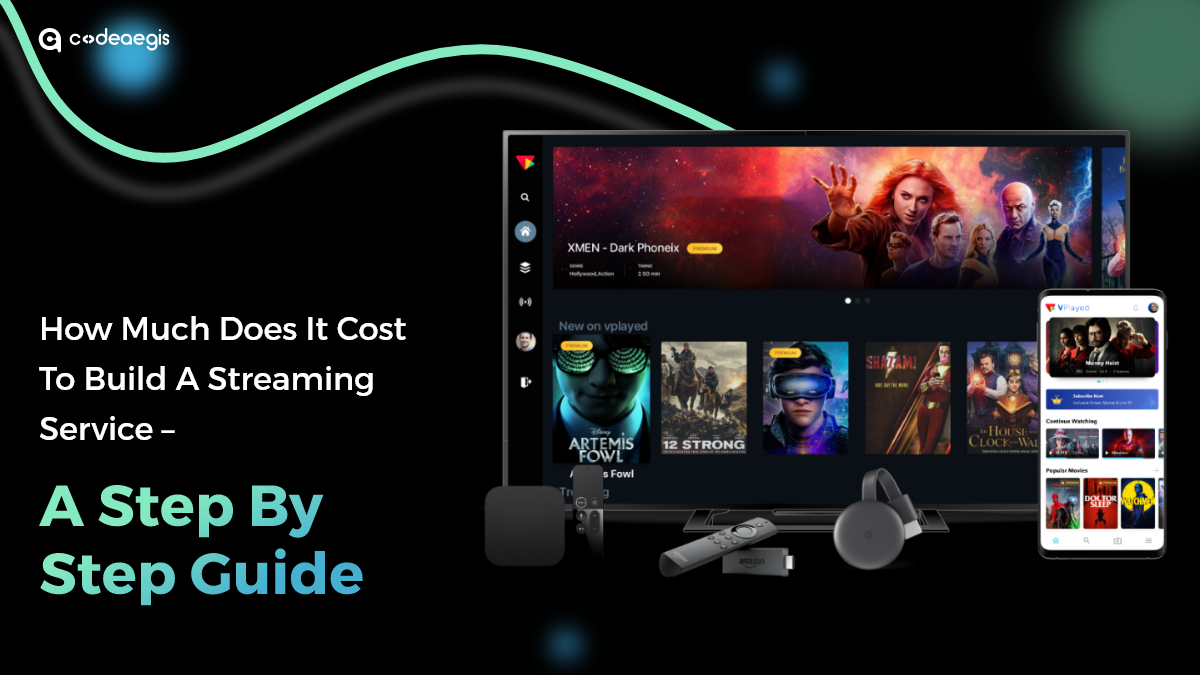
The rise of online video streaming services has revolutionized the entertainment industry, prompting businesses worldwide to explore the possibility of launching their own platforms. With giants like

Mobile applications play a vital role in the development of multiple businesses in this digital world. Most companies are investing in iOS app development to strengthen their market appearance and dra

The UAE, and Dubai specifically, has really evolved from just a real estate and tourism market, and is quickly becoming a hub for digital innovation and online commerce. With the continued investment
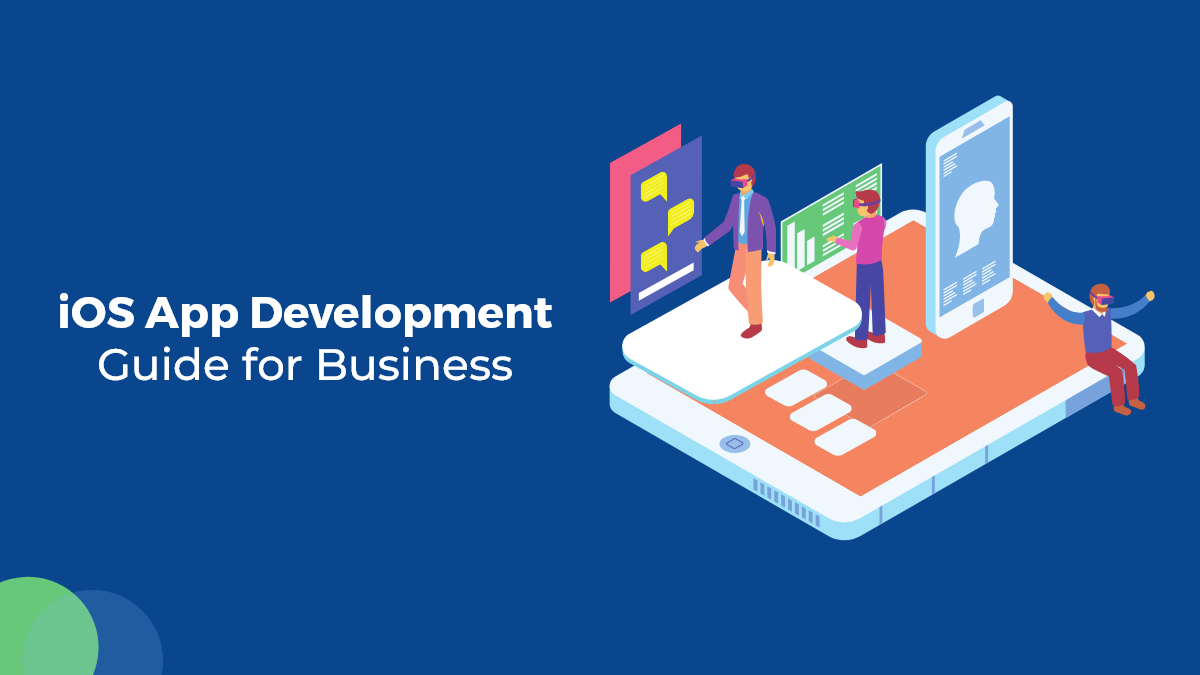
Businesses these days are looking to have an edge over their competition by having a strong online presence. A website is not enough anymore, and many companies are turning to mobile apps as a way to
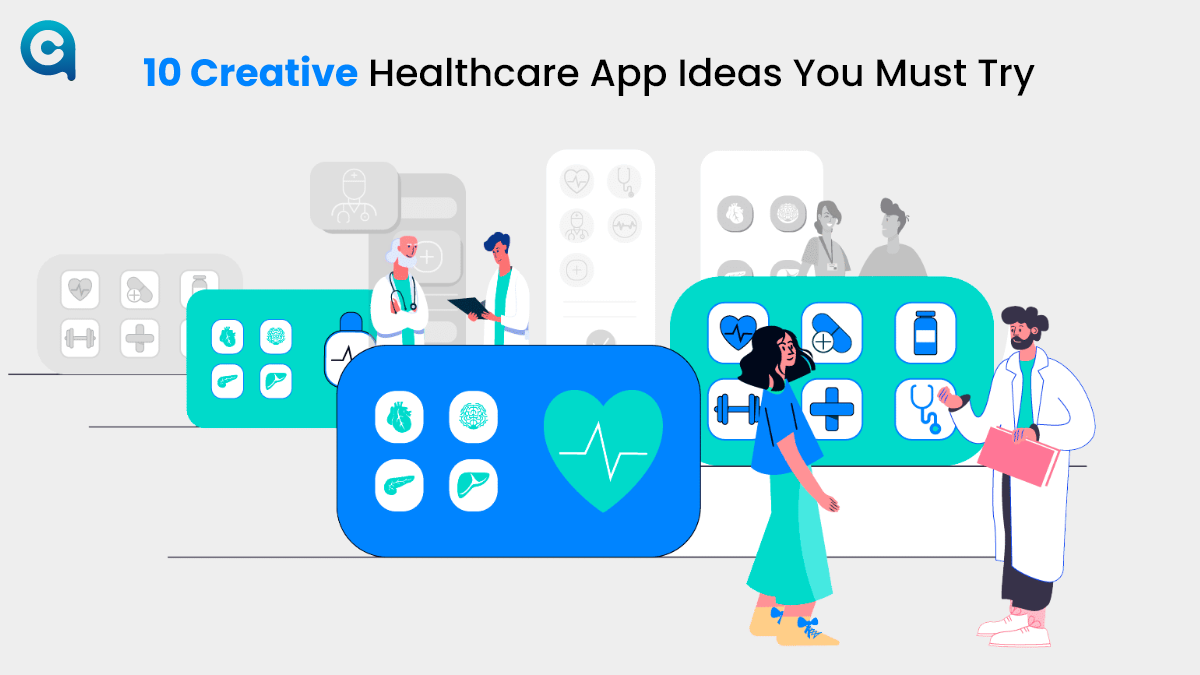
As we head into the future, more and more people are looking to find ways to improve their healthcare. And with good reason - healthcare can be expensive, and it can be difficult to get the right care
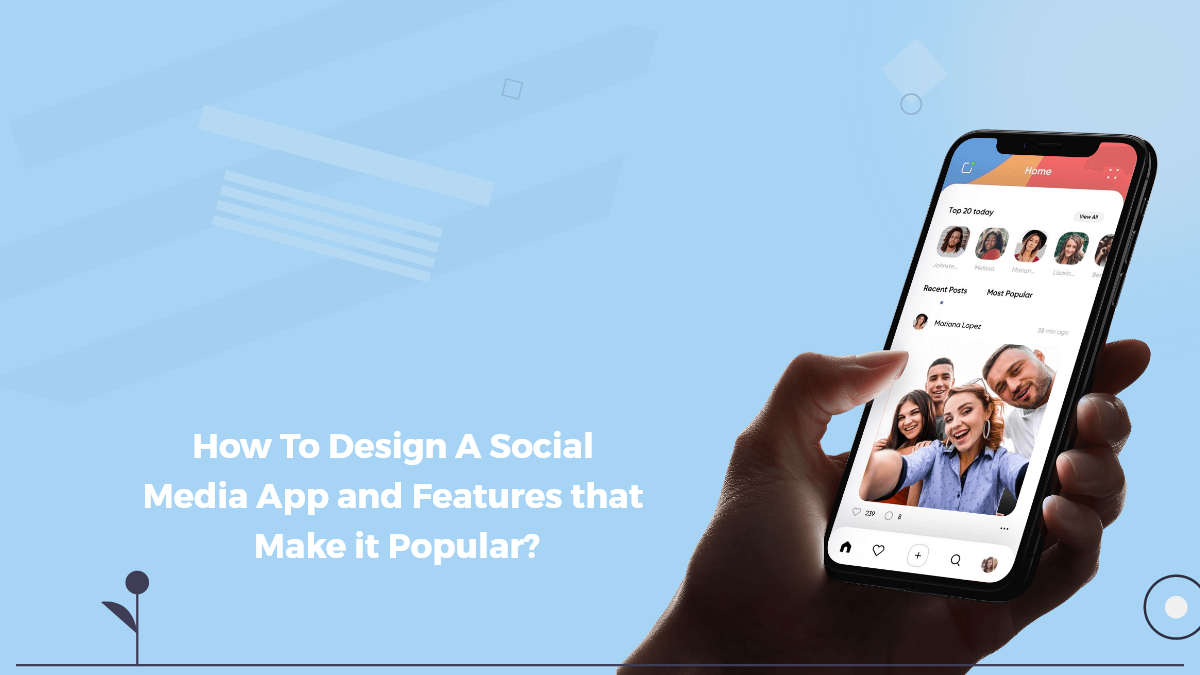
Social media apps are all the rage these days. People use them to connect with friends and family, to learn about new products and services, and to stay up-to-date on the latest news. But as popular a

Have you ever found yourself in a situation where you desperately needed a product or service but didn't have the time or energy to go out and get it? Well, fear no more because on-demand delivery app

The startup space is fast, competitive, and harsh. According to Exploding Topics, about 90% of startups fail. What would be the reason for that? There would be multiple reasons for startup failure, bu
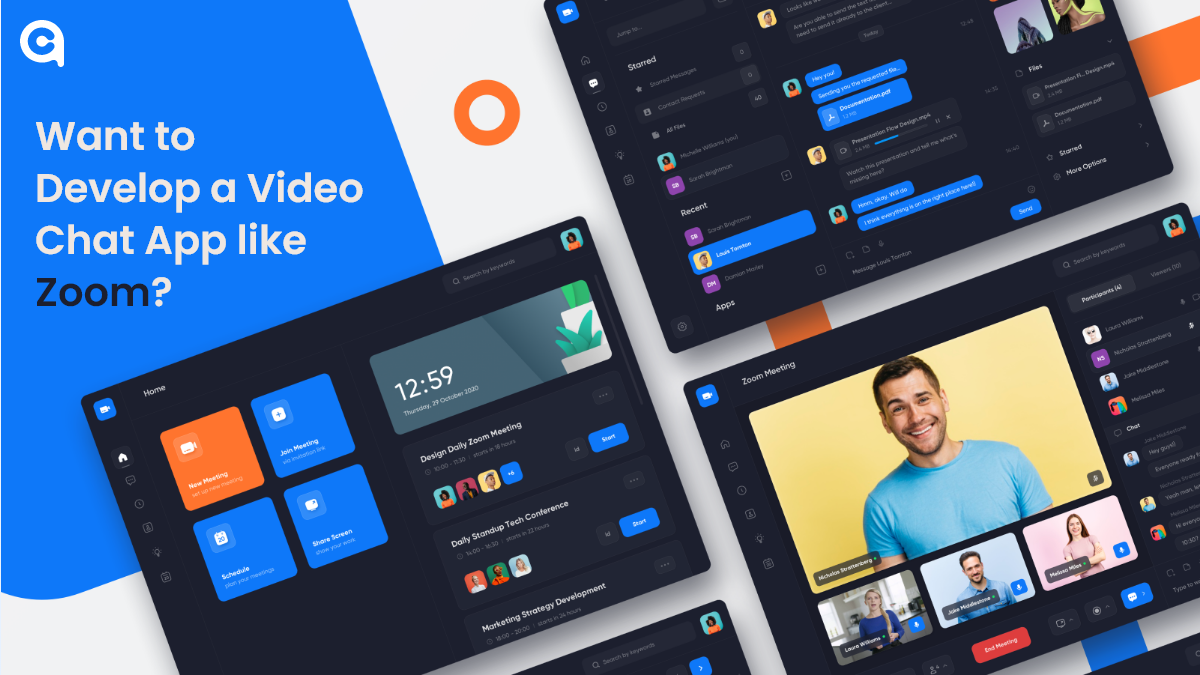
Depending on what niche you’re in, video chat apps are becoming increasingly common in the world of business and technology. Whether it’s a small startup company or a multinational corpora

Things have changed dramatically over the years with new opportunities, techniques, and future advancements. Real estate is the best industry to invest in, though the procedure sometimes irritates. Me

Nowadays, the financial industry has encountered massive digitization, and mobile apps play a significant role in it. There are a wide variety of money transfer apps available, catering to the needs a

Technology has come a long way in the past decade, and augmented reality (AR) is one of the most exciting development fields. AR technology superimposes digital content into the real world, creating a
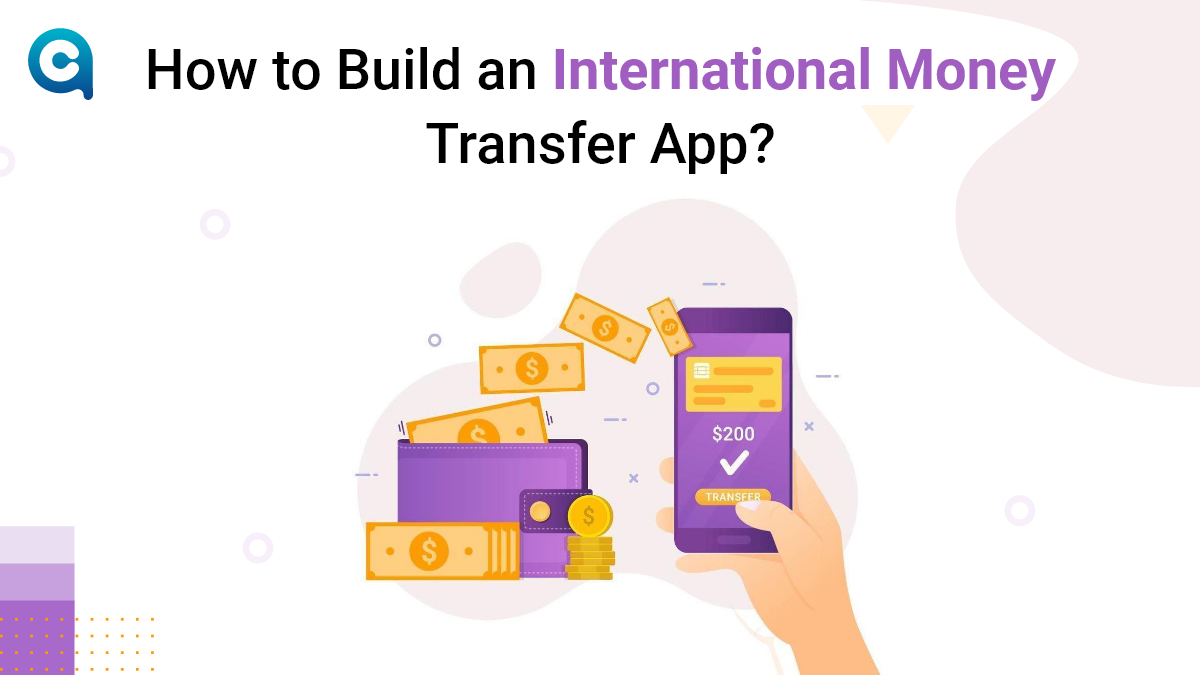
The introduction of online payment applications has changed how people perform financial transactions. A mobile phone with a banking app lets you quickly resolve various financial matters. Ta

In recent years, the gaming industry has seen a surge in popularity, with many gamers turning to online gaming platforms and console games in order to escape reality. With so many people playing video

IPTV has established itself as a prominent technology that is gaining traction with its comprehensive platform applications. Unlike traditional methods like satellite, cable, or TV, IPTV has accelera

Businesses after COVID are going through several changes, and the food industry is no different. Restaurants that have been doing dine-in are now struggling to keep up with the demand for delivery and

Rental businesses are gaining market share by offering essential services that help other businesses minimize downtime and maximize profitability. This growth trend is particularly strong in the servi

DeFi is a new kind of investment that’s taking the world by storm. So what is it? Essentially, DeFi is a digital asset class that allows you to invest in cryptocurrencies and other digital asset

The world of gaming is rapidly evolving, and the latest buzzword is "metaverse." The term refers to a virtual world where users can interact with each other and digital objects in real time, using imm
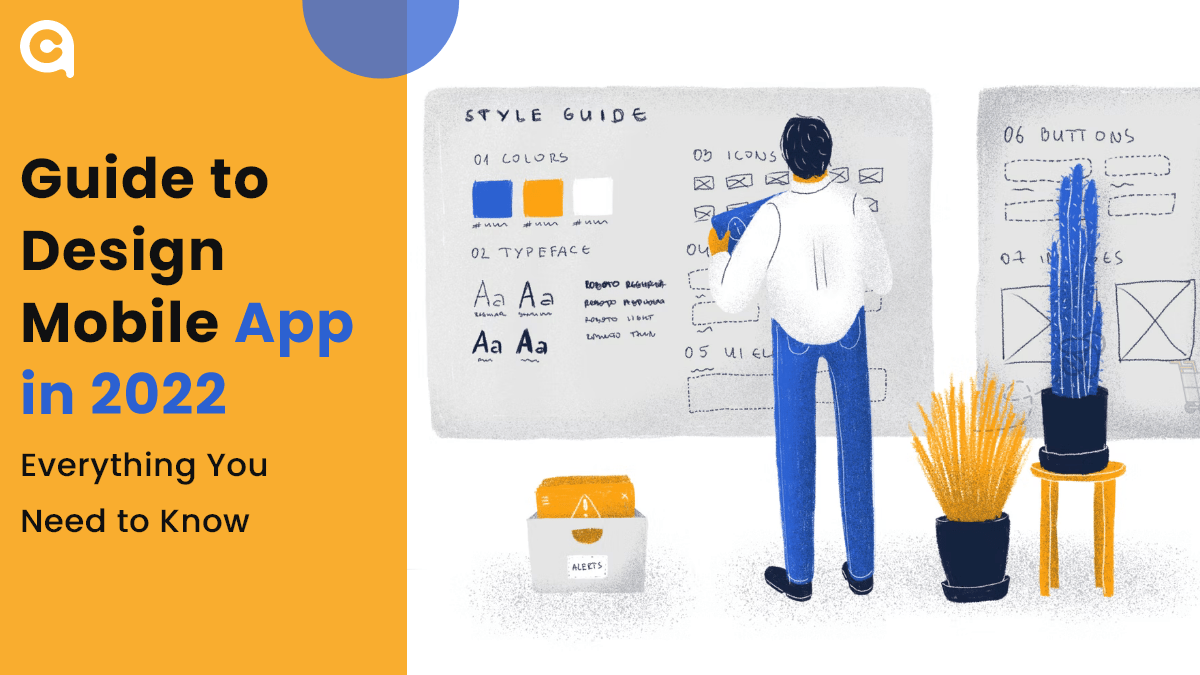
Are you looking to design a mobile app in 2025? Mobile application development is an ever-changing field, and it can be hard to keep up with the latest trends and best practices. But with this guide,
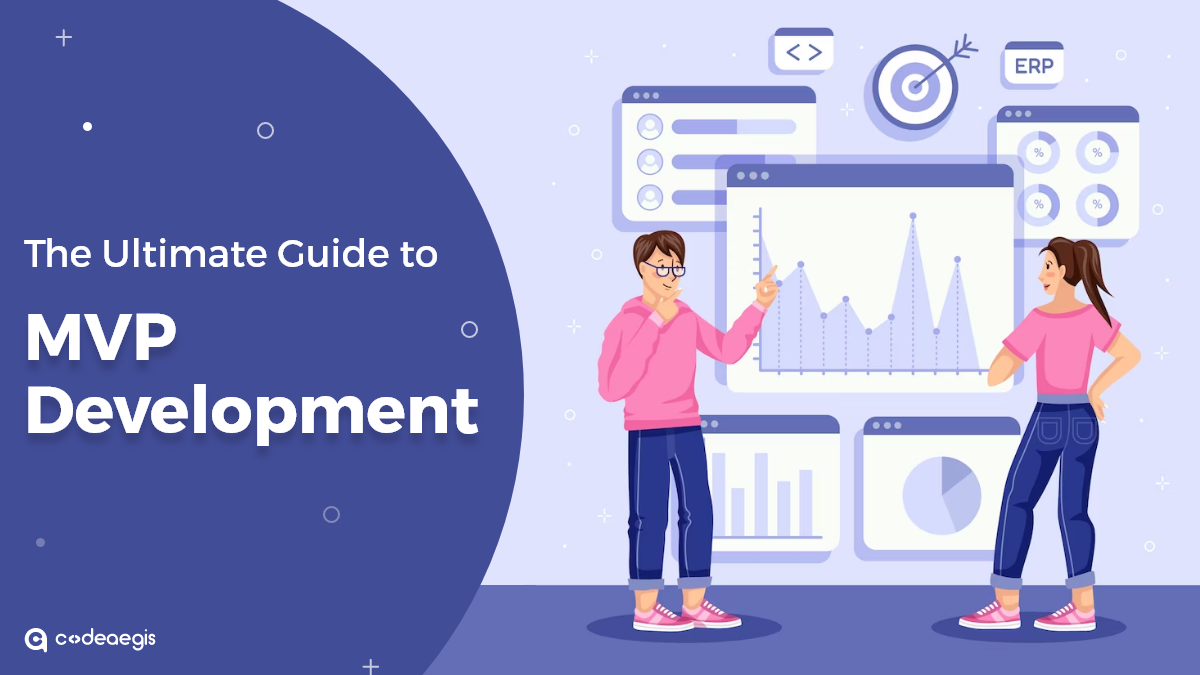
As the world of startups becomes increasingly competitive, building an MVP is crucial for entrepreneurs looking to test their ideas and launch successful businesses. By creating a minimum viable produ

Can you give thought to a week without coffee breaks at cafes? It might not be possible, but earlier, having coffee outside the house was never a thing. So how the tables have changed the corners?

Decentralized Finance (DeFi) is a modern and evolving region of finance that is less centralized and more open to innovation and collaboration. DeFi enthusiasts laud its prospect of disrupting convent

If you’re in the healthcare industry, then you know that data privacy and security are of utmost importance. In order to protect patients’ information, the Health Insurance Portability and

Google released Android 13 beta 4 to the public, and with it comes a slew of new features and updates. In this article, we'll walk you through everything you need to know about the latest version of A

Blockchain technology is becoming the heart of multiple industries. It is robustly securing businesses through its core value, making it the first pick-up in the generative AIs. The blockchain is the
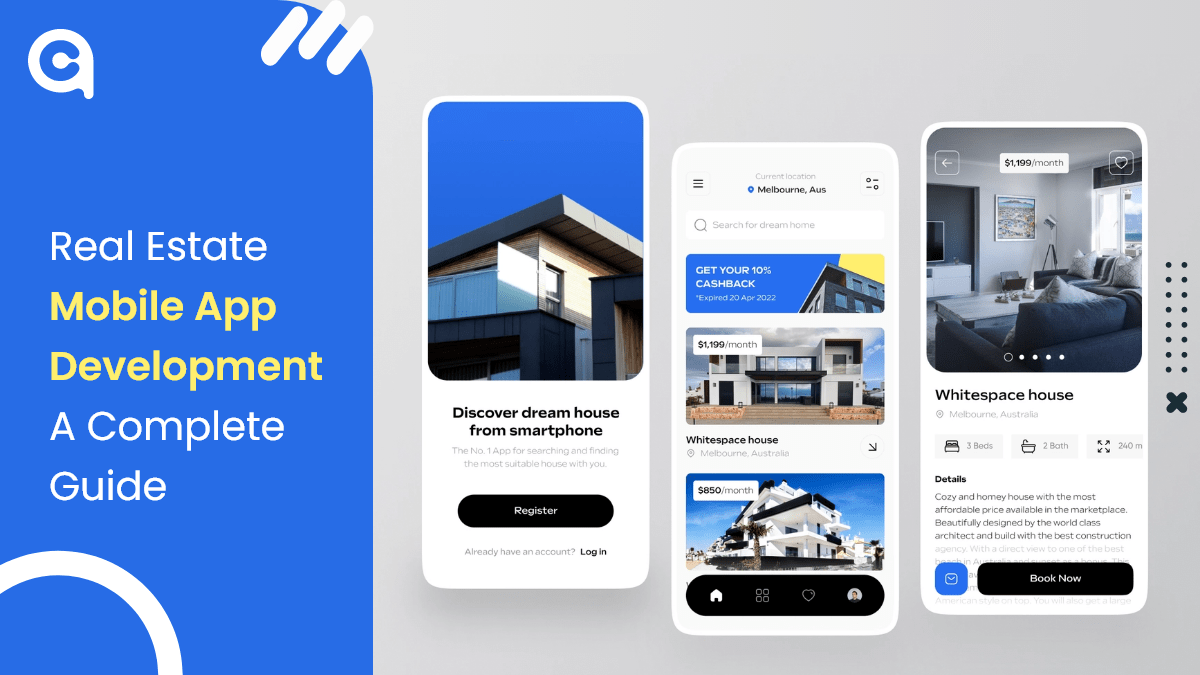
The world is digitizing at a very rapid pace, and in such a scenario, real estate businesses must also go digital to stay ahead of the competition. One of the best ways to digitize your business is de

The gaming industry is proliferating with the advent of smartphones and PCs. Every age group, from children to adults, is well-engaged and fond of online gaming. The rapid evolution of mobile gaming a

Necessity is the mother of invention origin! Have you ever wondered when an entrepreneur decides to start a business? When demand is high and supply is low, opportunities arise. But there’s mor

Picture this - a world where business transactions are seamless, secure, and transparent. This might have seemed like a distant dream before the advent of cryptocurrencies and blockchain technology, b

By 2024, we all know that technology will be the future. What excites me the most is that technology has covered all the dimensions of businesses, enabling them to attain their potential and efficienc
The beacon technology market was valued at 519.6 million U.S. dollars in 2016, and it was estimated to increase at a CAGR of 59.8% to reach about 56.6 billion U.S. dollars in size in 2026. Throughout
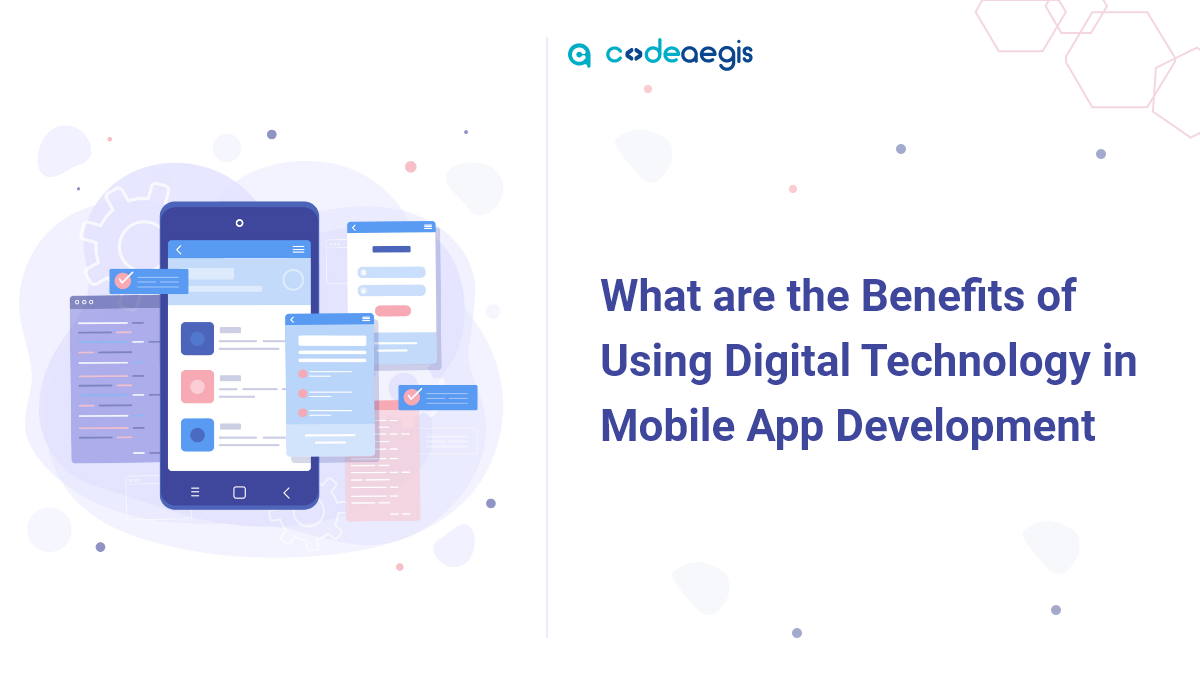
With the ubiquity of smartphones and tablets, it only makes sense that mobile app development - which is the process of creating applications for smartphones and tablet devices - is becoming more popu
Leave a Reply
Your email address will not be publishedDO YOU HAVE ANY PROJECT
Let's Talk About Business Solutions With Us
India Address
57A, 4th Floor, E Block, Sector 63, Noida, Uttar Pradesh 201301
Call Us
+91 853 500 8008
Email ID
[email protected]





.jpg)





